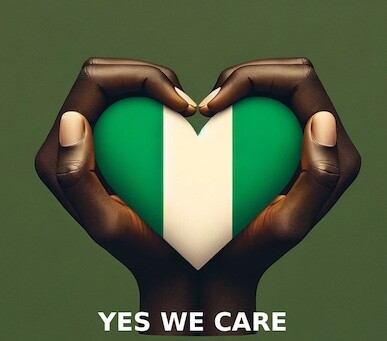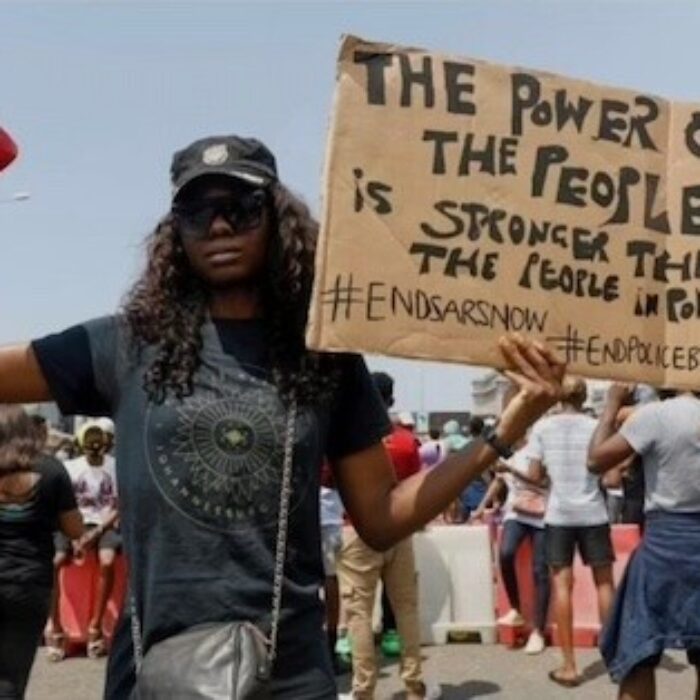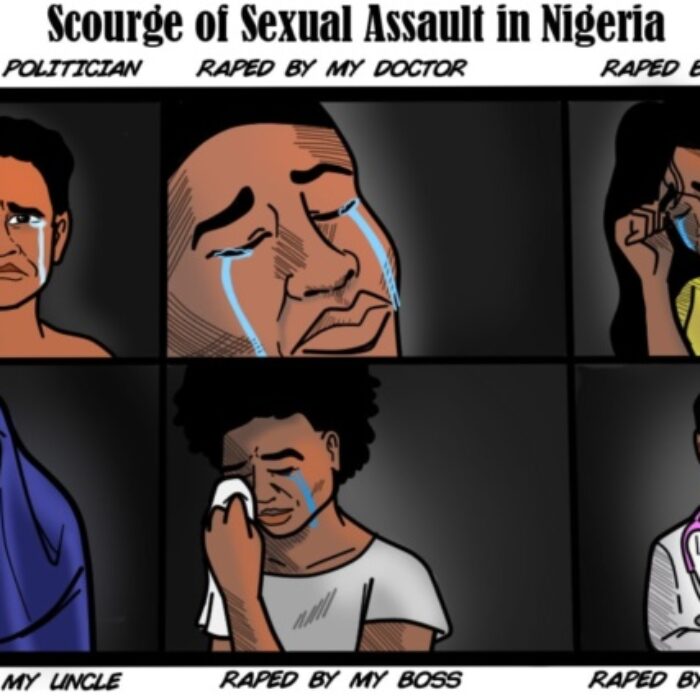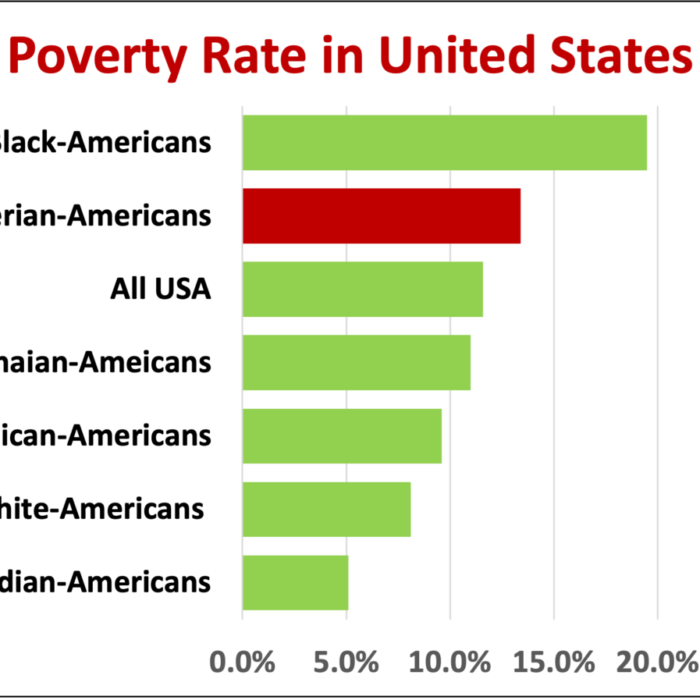In a world where the quest for freedom and the restoration of human dignity is at the forefront of societal transformation, we the people of Nigeria stand at a pivotal moment in history. Our nation is sleepwalking into a perilous future, where a lack of leadership, unbridled mismanagement, and a series of policy blunders place our collective survival at risk.
The YES WE CARE movement was initiated to mitigate this existential risk, striving instead to introduce a new era characterized by unity, security, stability, and prosperity that is inclusive of everyone.
This moment beckons every Nigerian to unite in a peaceful but powerful movement to reclaim our inherent rights and human dignity, which are endowed not by man but by the very essence of humanity itself.
Today, our nation teeters on the edge of an abyss, engulfed in widespread anguish that stretches from Aba to Zaria. The fabric of our households and communities are stained by the blood of loved ones—brothers, sisters, uncles, aunts, parents—victims of unbearable hardship, despair-induced fatalities and wanton killings in our communities, farms, highways, and streets .
This tragic reality, however, underscores the missed opportunities that effective leadership could have prevented. If only our leaders embodied vision, courage, compassion, competence, and morality, we could’ve witnessed the transformation necessary to lift the veil of suffering and mindless killings that have relentlessly plagued the Nigerian populace.
The path to alleviating this widespread agony is clear, demanding leaders who occupy positions of authority not merely by virtue of “it’s my turn,” but who are endowed with nation-building talent and a steadfast commitment to implement substantial reforms that will improve the lives of our long-suffering and impoverished citizens.
Corruption has seeped into our core, while inflation skyrockets and unemployment reaches unprecedented levels. Essentials like food, fuel, housing, transportation, medicines, school fees, and basic needs have become luxuries, accessible only to the 5% of elites who hoard 95% of our wealth.
The shadow of insecurity looms over us, with countless lives lost or shattered by kidnapping and violence each year. Major cities and highways have become killing fields where people are kidnaped, robbed and killed with impunity.
In all this, our leaders appear to be lost at sea, devoid of the necessary compass and direction, effectively leaving the nation’s steering wheel unattended. Nigerians wonder if we even have a president.
The president and the Vice President have dedicated more time to 17 international trips in the last 8 months than to developing policies that could positively transform the lives of Nigerians. The few policies they have introduced, such as the removal of fuel subsidies and the liberalization of the exchange rate, have failed disastrously due to a void in strategic planning regarding the policies’ implications, timing, repercussions, and a contingency plan to address potential fallout.
In the meantime, the economy is in free fall, accelerated by lack of innovative and growth oriented policies, and the exodus of foreign investment as international firms withdraw en masse.
Governmental operations, ranging from the bureaucracy to the National Assembly, have become overly cumbersome and difficult to manage. This issue stems from an excess of bloated, inefficient, and antiquated ministries and administrative agencies, which have resulted in runaway spending that significantly surpasses our financial means.
Consequently, we find ourselves resorting to borrowing high-cost debt, secured against oil reserves, as a means to feed corruption and an insatiable bureaucratic beast with unending appetite.
A stark illustration of economic disparity is that a citizen earning the minimum wage of N360,000 annually would need 81 years to accumulate what a member of the exclusive circle known as the Nigerian Senate earns in a single year, which stands at N29 million.
This vividly highlights the vast gulf between the earnings of the average Nigerian and the opulent salaries of those within the nation’s elite legislative body. Yet, the senate has not passed a single bill that has demonstrably improved the lives of Nigerians.
We find ourselves trapped in a cycle of spending beyond our capacity and accumulating debts beyond our ability to repay. Across the board, from the judiciary to the political arena, and from educational systems to cultural institutions, corruption and ineptitude have taken root, undermining the very foundations of democracy upon which our society stands.
The challenges we face are the making of human hands, and those responsible for this crisis cannot be trusted to rectify it. For too long, we’ve awaited a savior, a hope that has repeatedly led to disappointment. Election after election, our aspirations are dashed, leaving us with leaders far removed from the messianic figures we yearn for.
The wait must end now. We must come to understand that the savior we have been searching for lives within ourselves. We are the architects of our redemption, and it is time for this truth to shine brightly as a beacon of self-evident reality.
This call to action transcends a simple appeal; it is a clarion call for unity and empowerment, beckoning every citizen to realize the formidable power inherent in our unity and the strength of our collective resolve. Irrespective of our origins—be it Northcentral, Northeast, Northwest, Southeast, Southwest, or Southsouth, be it our tribe or religion—we are bound by a singular, inextricable thread of destiny.
As Nigerians, our lives, our aspirations, and our futures are intertwined. We have the same needs in life – the need to provide food for our families, secure shelter, access quality and affordable education, healthcare, reliable electricity, clean water, and to dwell in safety within our communities while living harmoniously with our neighbors.
United, we stand as a single, diverse entity, enriched by our varied tribes, regions, and religions, yet bound by a shared journey and a common destiny. Our commitment to coexist and prosper together must be unwavering. The notion of diverging from this path of unity and shared progress is beyond consideration.
The Call to Peaceful Collective Action
The path to restoring our God-given human rights lies in the power of peaceful protest. History has shown us time and again that change is possible when people come together, not with arms but with resolve, to demand the respect, dignity, and rights they deserve.
The global narrative is rich with examples of peaceful movements that have toppled tyrannies, dismantled unjust systems, and birthed new eras of freedom, justice and human dignity. From the civil rights movement in the United States to the fight against apartheid in South Africa, the message is clear: peace is powerful.
Empowerment through Unity
In the face of the challenges we are going through, it is unity that will be our greatest strength. It is crucial for Nigerians from all walks of life to stand shoulder to shoulder—regardless of ethnic, religious, or socio-economic differences—to champion the cause of human rights. Our diversity is not a weakness but a source of strength that can enrich our movement with different perspectives and strategies for change.
The Role of Nonviolence
Nonviolence should be the cornerstone of our approach. By embracing nonviolence, we make a profound statement that our fight is not against flesh and blood but against injustices that plague our society. Nonviolent protest has the power to disarm opponents, win over hearts and minds, and create a space for dialogue and resolution. It is through peaceful means that we can build a future that respects the rights and freedoms of all Nigerians.
Education and Awareness
A key component of our movement must be to educate and raise awareness among our fellow citizens. Many suffer because they are unaware of their rights or the strength they possess collectively. Through workshops, social media, public forums, and community meetings, we can spread knowledge and inspire action. Knowledge empowers individuals, making a well-informed populace more resilient against oppression and more readily mobilized for transformative action.
The Power of the Digital Age
In today’s digital age, we have at our disposal tools that previous generations could only dream of. Social media platforms, online forums, and messaging apps can amplify our message, coordinate our actions, and keep us connected in ways that make our movement more resilient and adaptable. Let us leverage these tools to foster solidarity, share our stories, and mobilize support both locally and globally.
International Solidarity
While our struggle is rooted in our local context, we must remember that the fight for human rights knows no borders. By building alliances with international human rights organizations, diaspora communities, and sympathetic nations, we can draw on a wellspring of support and resources that can bolster our cause and put pressure on those who would deny us our rights.
A Call to Peaceful Arms
To my fellow Nigerians, I say: let us take up the peaceful arms of protest, dialogue, and perseverance. Let us march, not towards conflict, but towards a future where every Nigerian can live with dignity, equality, and freedom. Our journey may be fraught with challenges, but it is a journey worth taking. Together, we can restore our God-given human rights and build a Nigeria that we can all be proud of.
This essay is not just words on a page; it is a declaration of our collective will to fight for what is rightfully ours. Let us move forward with courage, conviction, and compassion, knowing that our cause is just and our victory is assured. The time for action is now. Stand up, speak out, and let us reclaim our rights through peaceful protest. Together, we are unstoppable.





